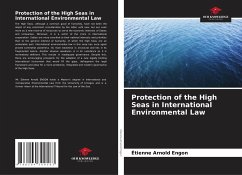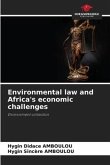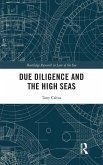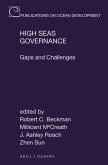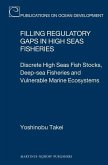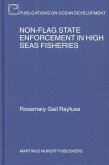The High Seas, although a common good of humanity, have not been the object of any consistent consideration by the latter until now, but are seen more as a new reserve of resources to serve the economic interests of States and companies. Moreover, it is a victim of the crisis in international cooperation. States are more sensitive to their national interests and priorities than to the general interest of humanity, of which the High Seas are an undeniable part. International environmental law in this area has once again proved somewhat powerless. Its main weakness is structural and lies in its fragmented nature. Another obvious weakness is in its substance as it is normatively deficient. This results in inadequate governance. Despite this, there are encouraging prospects for the adoption of a new legally binding international instrument that would fill the gaps, defragment the legal framework and allow for a more protective, integrated and modern governance of the High Seas.

